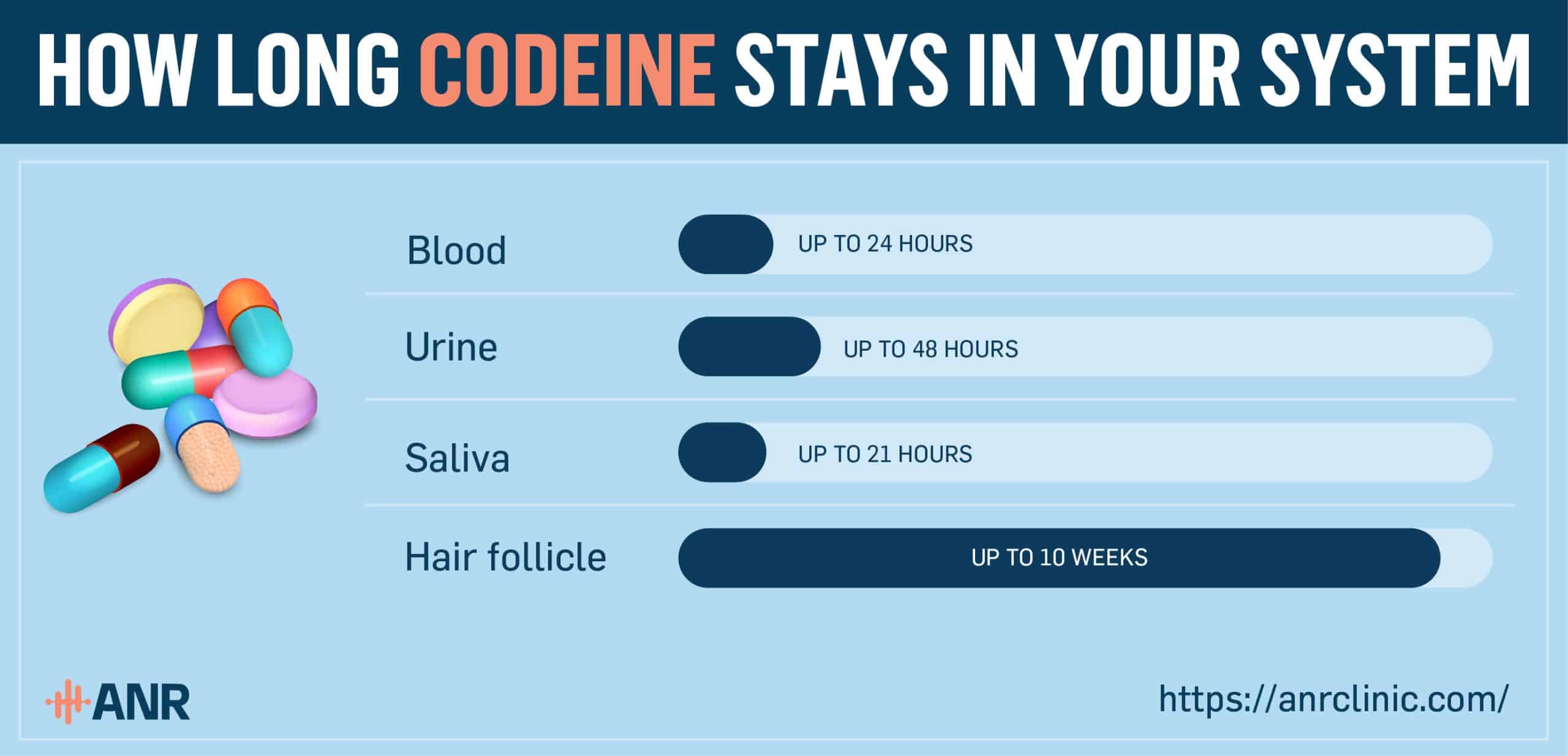
Key facts
- Codeine is an opioid pain-relief medicine used for the short-term relief of mild to moderate pain.
- It is not usually recommended for the treatment of chronic (long-term) pain.
- Codeine doesn’t work for everyone, as some people’s bodies aren’t able to process it due an inherited genetic difference.
- Codeine is only available with a prescription from your doctor.
- If you stop taking codeine suddenly, you may experience withdrawal symptoms.
What is codeine?
Codeine is an opioid medicine that is only available on prescription from your doctor.
What is codeine used for?
Codeine is used for the short-term relief of mild to moderate pain. It should only be used when other forms of non-opioid pain relief have not been successful in managing pain. In general, if an opioid medicine is needed for pain relief, opioid medicines other than codeine are preferred, as they are more effective for most people.
Some people will not experience pain relief from codeine because their bodies are unable to process the medicine. This is due to a genetic difference, which is more common in Caucasians. Other people have a genetic difference that makes them process codeine faster; this can lead to higher doses of codeine accumulating faster, and an increased chance of side effects.
Codeine is not usually recommended for the treatment of chronic pain.
Codeine may also suppress (reduce) a dry cough.
How does codeine work?
Codeine works directly on the central nervous system and reduces feelings of pain by interrupting the way nerves signal pain between the brain and the body.
It also suppresses the activity in the brain that controls coughing.
What are the possible side effects of taking codeine?
All opioids, including codeine, can have side effects including life-threatening breathing problems. The risk of these side effects is higher:
- when first taking codeine
- after a dosage increase
- if you are older
- if you have an existing lung problem
The side effects of codeine are similar to those of other opioids, and include:
- constipation
- headache or dizziness
- fatigue or drowsiness (especially soon after a dose)
- loss of appetite, nausea and vomiting
What are the risks associated with codeine?
Opioids are strong pain medicines and can cause life-threatening breathing problems.
It’s possible to become dependent on this medicine even if you take it exactly as prescribed by your doctor. Your doctor will help monitor how you use codeine, to reduce your risk of harm, including through misuse, abuse and addiction.
You can also develop tolerance when you take codeine. Tolerance means that you may need to take larger amounts of the opioid to get the same effect. As the dosage increases, so does the risk of side effects.
Continue to take codeine for as long as your doctor tells you to. If you stop taking codeine suddenly, you may experience withdrawal symptoms.
Codeine may make it difficult for you to drive or operate heavy machinery. If you have recently started taking codeine or another opioid medicine, or the dosage has changed, you may be at higher risk of having an accident.
If your kidney or liver function is impaired, your doctor may decide that codeine is not appropriate for you. There are other factors that may limit your use of codeine — for example, if you drink alcohol or take other medicines that can cause drowsiness.
Your doctor is the best person to advise you on whether codeine is the right medicine for you, how much you need and how long to take it for.
Are there alternatives to codeine?
Everyone’s pain is unique, and different pain-relief medicines will work in different circumstances. Some people’s pain will respond well to non-opioid medicines, which are generally associated with fewer risks and side effects.
Always check with your doctor or pharmacist before making any change to the dosage or type of medicine you take.
If you have chronic (long-term) pain, your doctor might suggest lifestyle changes to help manage the discomfort. This may include:
- Improving your physical fitness
- activity pacing
- social activities
- relaxation techniques
- overall health management
You can find more information here about options for managing chronic pain.
If you are taking codeine to suppress your cough, there are several other medicines available over-the-counter at a pharmacy. Talk to your doctor or pharmacist about what may be a suitable option for you.
When should I see my doctor?
If your pain is not well controlled with codeine or you have any new, unexpected or unwanted side effects, see your doctor.
How do I dispose of medicines safely?
It’s important you dispose of unwanted opioid medicines safely. Unused medicines can be returned to any pharmacy. Don’t keep unused codeine ‘just in case’. This can lead to dangerous or inappropriate use.
Keep codeine out of reach of children and pets. Never throw medicines into a garbage bin or flush them down the toilet, as this is dangerous to others and harmful to the environment.


